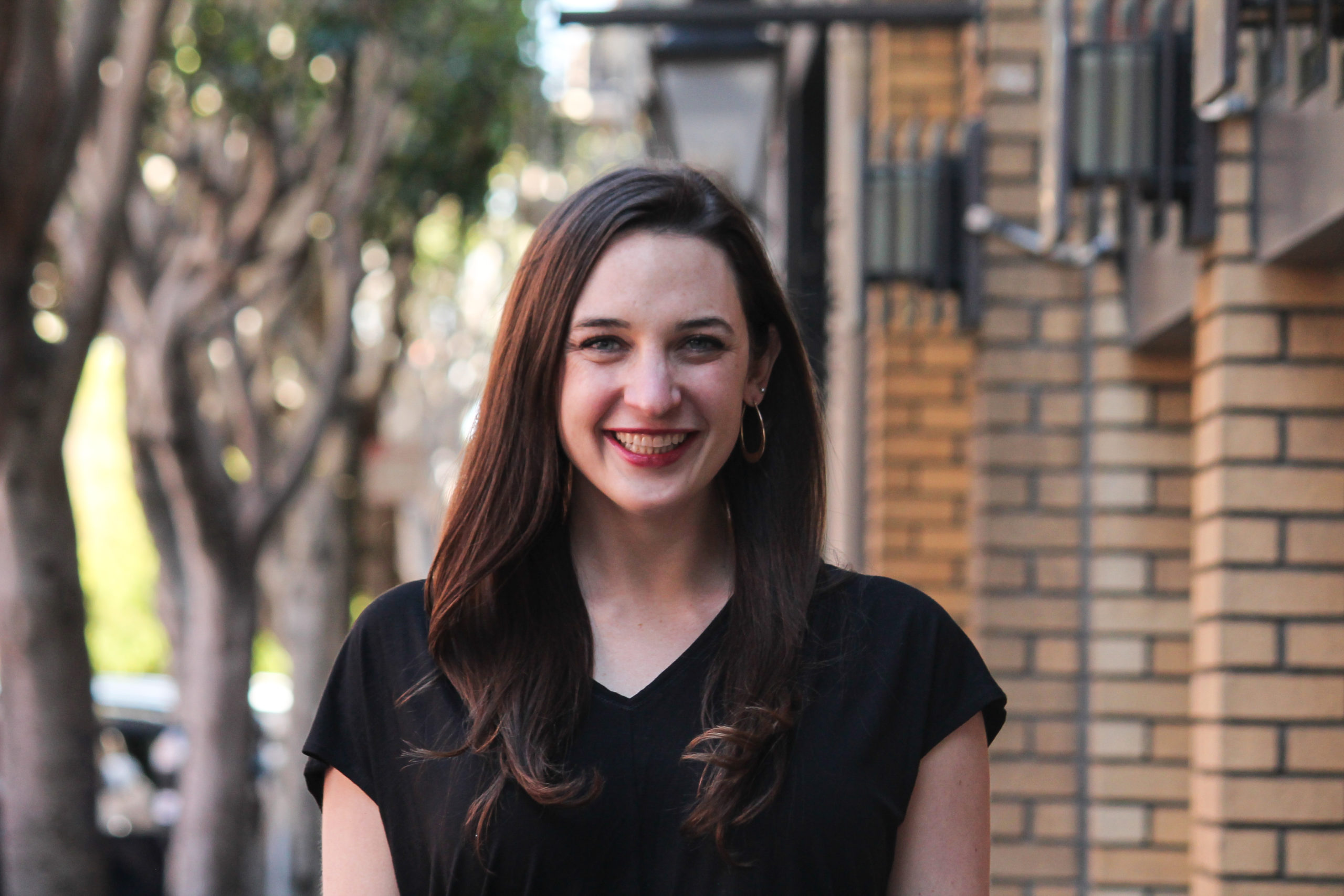Alumni Feature: Alexandra Harrison Gaiser (’12)
“Since Bitcoin is a new and growing technology, King’s couldn’t have given me the technical understanding when I was a student, but it gave me a broad perspective on the world that helped me to be able to explain Bitcoin to a number of audiences.”

This fall, we connected with a number of young alumni from The King’s College to hear how they’re spending their time. How do they reflect on their years at King’s, and what has it looked like in practice for them to pursue the mission of shaping institutions? Read more alumni stories here.
Name and Graduation Year
Alexandra Harrison Gaiser, B.A. Politics, Philosophy, and Economics, 2012 (Business Minor)
Current Occupation
Director of Regulatory Affairs, River Financial
What does a typical day look like for you?
I work at a Bitcoin brokerage and custody service, and like at most start-ups, there’s a lot to do, so there’s never really a “typical” day. I usually describe my job in three parts: 1) I obtain and maintain our state licenses; 2) I serve as the in-house lawyer on any number of internal projects; 3) I handle our internal government relations efforts and answer questions about Bitcoin. Being an in-house lawyer for a Bitcoin company means most of the problems I’m solving are novel and might not have clear answers, so it’s very dynamic and challenging. I work closely with our co-founders and our general counsel, as well as other members of our team.
How did your experiences as a King’s student (either in class or outside of it) give you a deeper perspective that you now use in your day to day?
We used to say that Politics, Philosophy, and Economics would teach you about the ideas that moved the world, so no matter what happened from a technical perspective, you’d be able to understand it. I think that’s absolutely true. Since Bitcoin is a new and growing technology, King’s couldn’t have given me the technical understanding when I was a student, but it gave me a broad perspective on the world that helped me to be able to explain Bitcoin to a number of audiences. I often have to find the right analogy so that people can understand something new—that’s a skill I learned at King’s and developed more in law school. I particularly find Bitcoin compelling because of the economics portion of PPE. I like to tell others who went to small liberal arts colleges that “Bitcoin will make everything you learned about economics true again!”
In what ways do you see your current work contributing to God’s restoration of the world (or whatever larger purpose you see yourself as part of)?
I think a lot of people see inflation as a Big Important Principle that experts need to decide. I think inflation is really theft: if you have $100 in your savings account, a 2% inflation rate means next year those $100 will only buy you $98 worth of goods. That’s the policy target. At various points in 2021, the inflation rate has been much higher, at 4-5%. That means for a poor family, someone working minimum wage or living paycheck to paycheck, their savings account is being drained. They probably can’t invest in the stock market or real estate, which have been two of the better routes to hedge against inflation. Even those options just keep your pile of money from shrinking. I think this is unjust. Not only did God tell the Israelites to make sure to leave a portion of their fields for the poor to glean, but Proverbs and the Pentateuch are full of verses about how God hates dishonest weights and measures (e.g., Prov. 11:1, 20:10, 20:23; Lev. 19:35-36; Deut. 25:13-16; James 5:4). People have been trying to devalue currency by inflating it since the ancient world, and it has always hurt the poorest first. Bitcoin, however, can’t be controlled by a policy-making entity and there will only ever be 21 million Bitcoin in existence. Bitcoin is fundamentally about having an honest weight and measure that can’t be corrupted or controlled. I think that means God is a big fan of Bitcoin.




